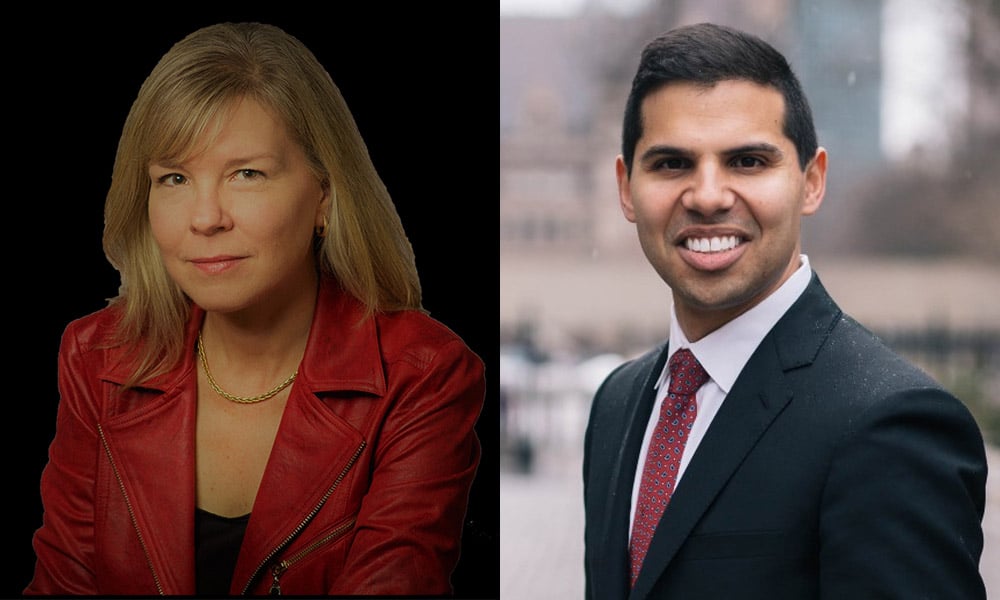
So far, courts deferring to public health orders due to the severity of the pandemic, says lawyer

Houses of worship across Ontario are grappling with the stage-one/grey-area lockdown restrictions, imposed Dec. 26, and some are mounting legal challenges, arguing the orders infringe their Charter rights to freedom of religion and peaceful assembly.
Religious institutions can hold services but are limited to 10 people, a tightening of the earlier restriction which bound gatherings to 30 per cent of building capacity.
The Justice Centre for Constitutional Freedoms is representing around a dozen church leaders who have recently been charged for holding services in defiance of the provincial lockdown. The charges have been laid under the Reopening Ontario Act, which includes penalties of up to a year in jail and $100,000 fine for individuals and fines of up to $10 million for corporations.
Lisa Bildy is a staff lawyer at the JCCF and is representing the church leaders. She says her organization has been challenging lockdown orders on behalf of religious groups since Ontario declared a state of emergency in March.
“We argued back in the spring that the arbitrary closure of places of worship as being ‘non-essential’ was unconstitutional,” says Bildy. “Following the launching of a Charter challenge, we were able to get the Ford government to modify its gathering restrictions to permit drive-in services. We were then involved in pressing the government to open places of worship further, as there were many religious groups such as Orthodox Jews who could not participate in drive-in services. The government did so, to 30-per-cent building capacity.”
Now, as the province says religious services have contributed to outbreaks, the 30-per-cent limit has been changed to a 10-person maximum, but many churches are exercising civil disobedience and remaining open as a matter of conscience, she says.
“After 10 months of restrictions, it can no longer be said that the government's response is proportionate or a minimal impairment of Charter rights. At very least, it is past time that they were put to the burden of justifying these restrictions on the evidence and data that is now available.”
David Elmaleh is not involved with the JCCF’s Charter challenges but represents a “wide array” of religious organizations. He has been advising them on their legal rights and the efficacy of potential court challenges, he says.
“Our clients are generally concerned with the health and safety of their congregants, members, employees and the general population. However, some are quite troubled by the extent of the restrictions that appear, on their face, to be made without a rationale or evidence-based approach. They want more transparency,” says Elmaleh, founding partner at RE-LAW LLP, a litigation firm practicing in the Greater Toronto Area.
Of the challenges brought so far, Elmaleh says courts have primarily deferred to the government, due to the severity of the pandemic and serious potential consequences for the public.
“We expect courts to continue to be reticent to strike down public health measures,” he says. “However, it is a welcome development that these court challenges are coming forward.”
“Governments should have to answer for the restrictions put in place, and they should have to make representations as to why the ‘balance of convenience’ favours curtailing religious freedoms and why said restrictions – which prima facie breach the Charter – are nevertheless demonstrably justified in a free and democratic society.”